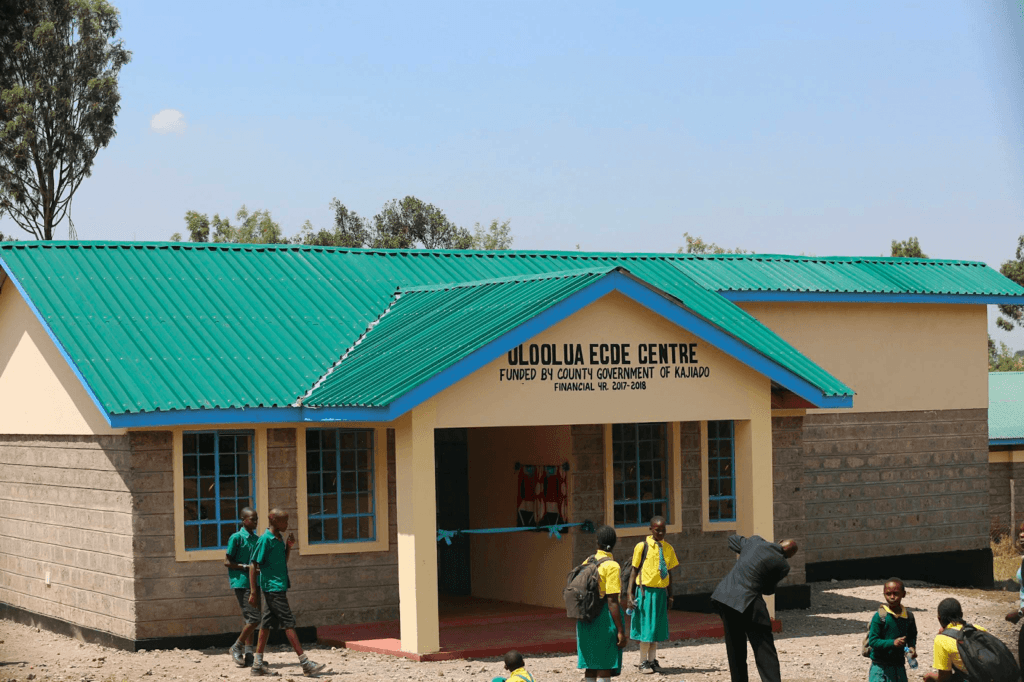
Share
By Kevin Keitany
The rapid increase in enrolment in public primary schools has resulted in a strain on sanitation facilities within most Kajiado County learning institutions.
The supply of drinking water to pupils is of questionable quality and has been identified as a possible causal factor to escalating incidences of infections among children. These factors combined have resulted in inconsistent school attendance, low school completion rate, and high dropout rate.
In some schools, pupils draw water from nearby streams, which is of questionable quality and may directly affect the student’s health, school attendance, and retention.
It has been established that sanitation facilities and school infrastructure contributed to school dropout among pupils in public primary schools in Kajiado North Sub-County. Notably, the school dropout rate in Kajiado as of 2017 was 6.8%, higher than the national average of 5.7%. Elsewhere, the enrollment rate in Kenya increased from 76.49 % in 2008 to 81.83 % in 2019, growing at an average annual rate of 1.1%.
Therefore, the county government takes cognizance of pre-primary education as a crucial foundation for basic education, character formation, and lifelong learning. The constitution of Kenya 2010, Article 43, guarantees every person has the right to education, while Article 53 provides free and compulsory primary education to all children, essential nutrition, shelter, and health care.
Pre-primary education provides opportunities for children to enhance their cognitive, social and spiritual, emotional, and physical development.
The county’s focus on improving education is highlighted by the projected budgetary allocation toward the sector. According to the CDIP report, between 2018 and 2022 the county is estimated to allocate almost Sh 400 million towards the sector.


